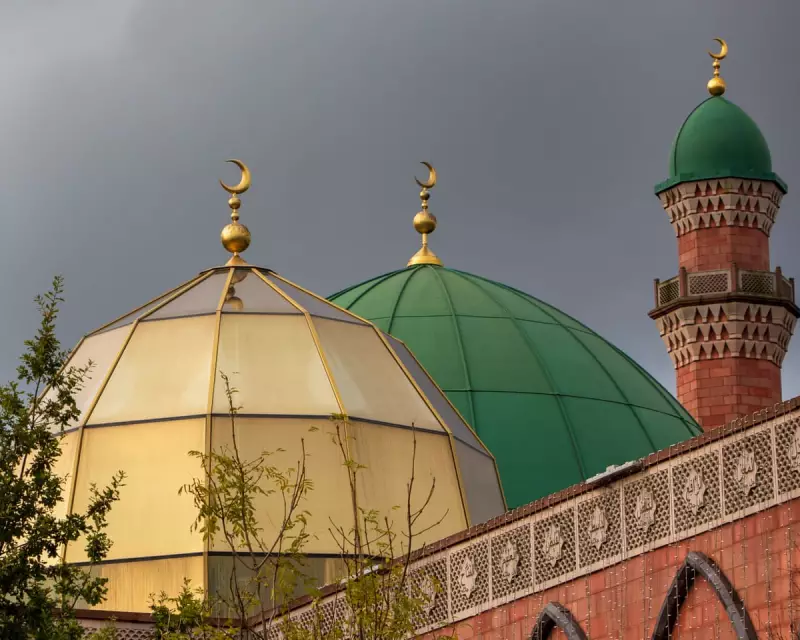
A contentious battle over free speech and religious protection is unfolding in Westminster as a proposed new definition of Islamophobia faces significant opposition from across the political spectrum.
The Controversial Definition
The definition, put forward by the All-Party Parliamentary Group on British Muslims, characterizes Islamophobia as "rooted in racism" and describes it as "a type of racism that targets expressions of Muslimness or perceived Muslimness." This formulation has sparked intense debate about its potential implications for public discourse and religious discussion.
Mounting Opposition
Critics from surprising quarters are voicing serious concerns about the proposal's wording. Former home secretary Suella Braverman has emerged as a vocal opponent, arguing that the definition could effectively "shut down legitimate debate" and criticism of Islamic doctrines. Her concerns are echoed by religious freedom advocates who worry about unintended consequences for open discussion.
Key concerns raised by opponents include:
- Potential restrictions on criticising religious doctrines and practices
- Vagueness in defining "expressions of Muslimness"
- Possible conflicts with existing equality and hate crime legislation
- Impact on academic freedom and theological discussion
Government Position and Legal Implications
The current government has maintained a cautious distance from the proposed definition. Equalities minister Anneliese Dodds has indicated that ministers are carefully considering whether adopting such a definition would achieve its intended goals without compromising fundamental freedoms.
Legal experts have raised red flags about the definition's practical application. Some warn it could create a hierarchy of protected characteristics while others question whether it might duplicate protections already available under existing hate crime laws.
Broader Implications for British Society
This debate touches on fundamental questions about balancing religious protection with free expression in a diverse democracy. The outcome could set important precedents for how Britain navigates complex issues of faith, identity, and public discourse in the coming years.
As the discussion continues, all sides acknowledge the need to combat genuine anti-Muslim prejudice while preserving the space for robust discussion that characterizes a healthy democratic society.





